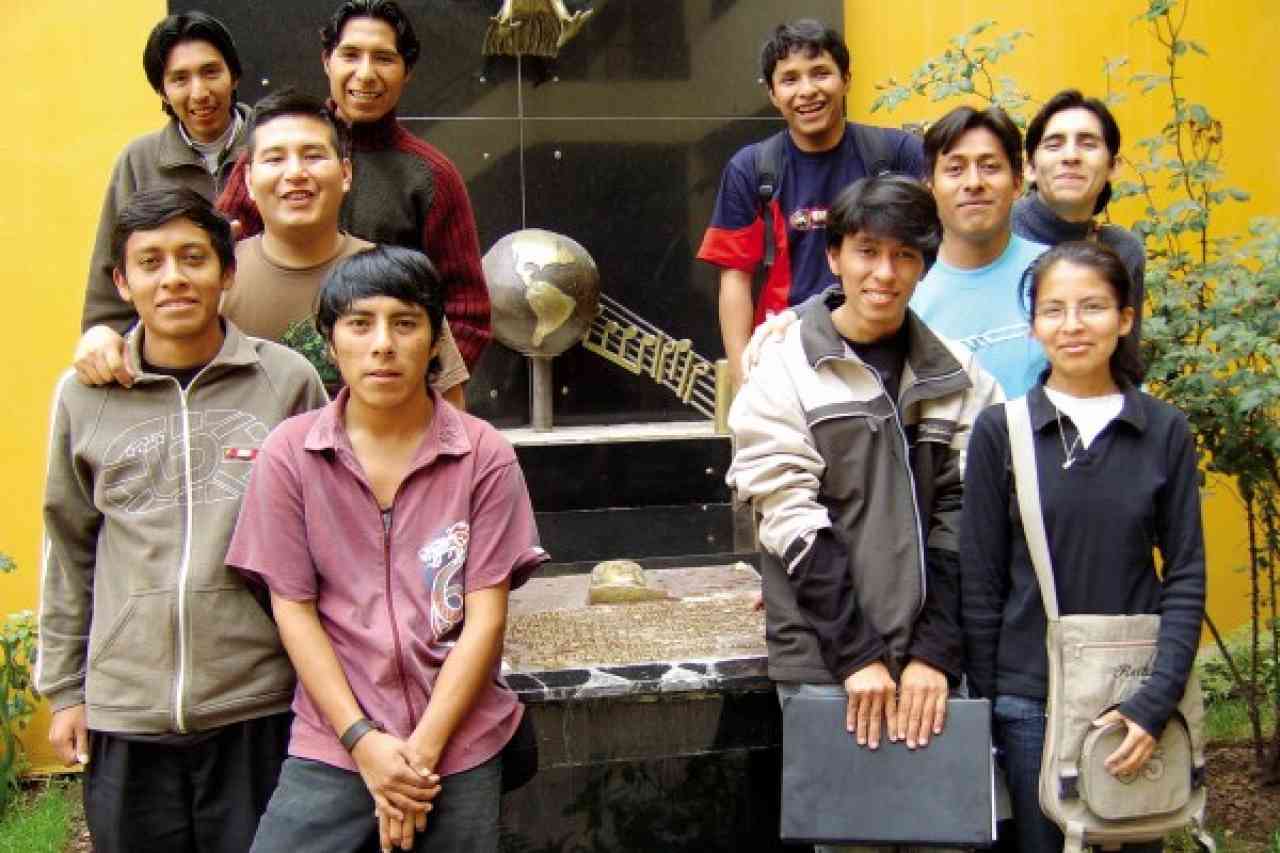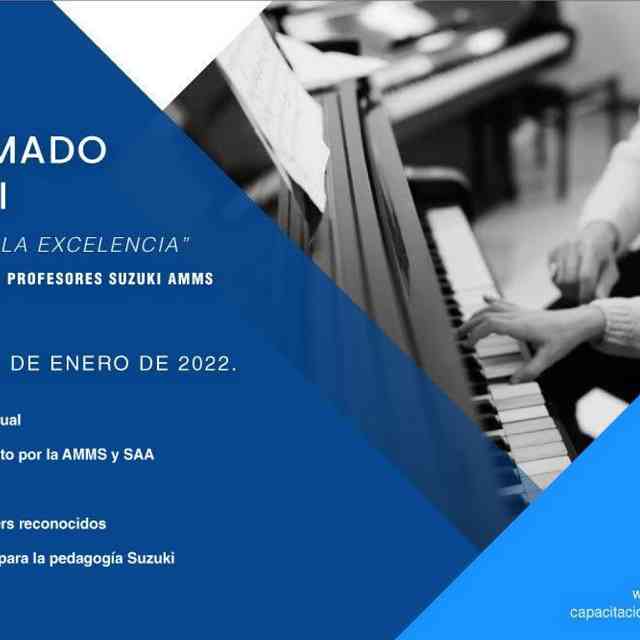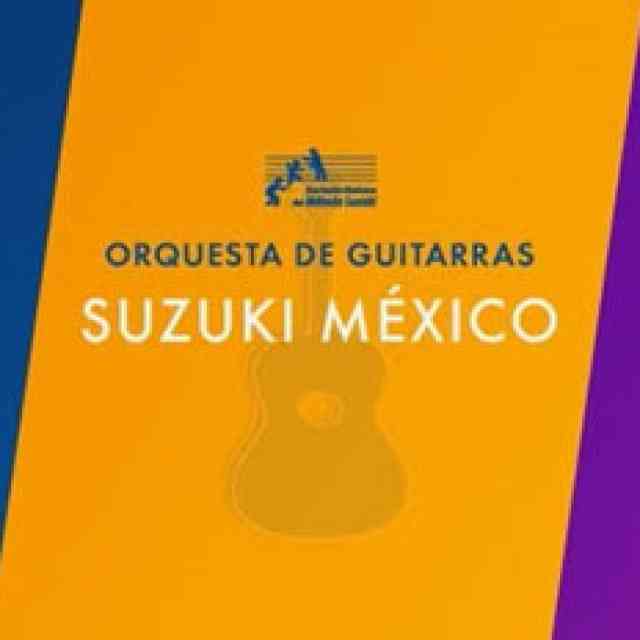“I can state without being afraid of being wrong that instead of understanding the Mother Tongue Approach, we have to feel it, talk about it and live it, until it becomes part of our very being.”
—Marcos Santiago, philosophy class participant

Students at the Institute.
I have just returned from giving a philosophy course in the Instituto Superior de Música “Daniel Alomia Robles” in Huanuco, called “the city with the best climate in the world” by the local people. Amongst my participants were music students of the Instituto, in their fi nal year of studies. It was immensely gratifying to observe these young men and one woman, the teachers of the future, embrace Dr Suzuki’s philosophy and take responsibility for the education of the children and families in their community. “All children can learn, it all depends on their environment” and “parents make a difference” are extremely empowering concepts in a region where public education is poor and where racial and social discrimination result in lack of opportunities for so many people.
It is wonderful that in this region of Peru, where the economy is weak (the cost of this four-day course was $10 and $6 for the Music School students), and where living conditions are challenging, music survives and instruction is available and sought after. There is no shortage of eager children for demonstration lessons. Some of these children have no instrument to practice on. To me, the fact that young people continue to dedicate their lives to music education under such difficult circumstances, demonstrates the amazing power of music.
A class participant, Nelson Valladares wrote:
“These days our authorities and educators know nothing about the Suzuki Method. Our reality would be different if we could put this Method into practice in all the educational institutions; not only in music, but in all other areas, following the same process starting with newborn babies or even during the pre-natal stage.”
Nelson had understood the essence of the Mother Tongue Approach.
Dr. Suzuki said, “We must have a revolution in education. We must educate the children of the whole world.”
Participants’ quotes translated by Caroline Fraser.








